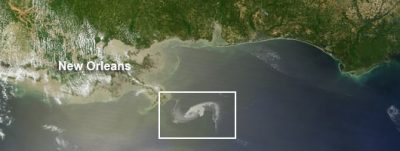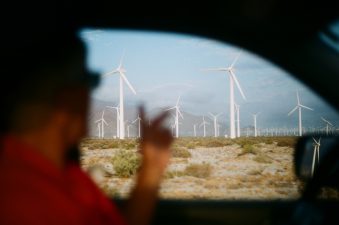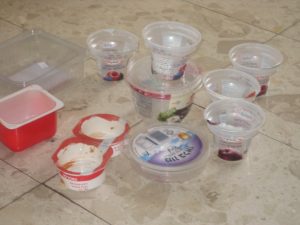
Your tuna is contributing to more than 80% of the plastic waste clogging up the Seychelles Islands. It would make David Attenborough cry.
You are a good citizen. You post selfies cleaning up trash from your hike or swim at the sea. You buy fair trade tuna only. As for shoes – maybe like Natalie Portman or (not Miley Cyrus who quit veganism) – you are going to go for the plastic flipflop or hemp option. But all your life choices affect everything else, especially that which is far away from you.
Tuna nets and 360,000 now pollute the once pristine island. It is the largest accumulation of plastic waste reported for any single island in the world. And we are all responsible for it. Boyan Slat – where are you already?

A new Oxford study following a five-week clean-up on Aldabra Atoll, one of Seychelles’ UNESCO World Heritage Site, found that it would take $4.68 million, 18,000 person‐hours of labor to clean up the entire atoll. The plastic sample they collected in their new study amounted to 25 tonnes.
Some 513 tonnes remain on the island, dominated by waste from regional fishing – buoys, ropes, nets – and 360,000 individual flip flops.

“We highlight that the main sources of the pollution arriving on Aldabra are related to the fishing industry in Seychelles, which provides tuna to EU countries and other high-income markets around the world.
“There should be some recompense for the damage being caused,” says one of the study’s authors.

Removing the plastic waste equates to $10,000 per day of clean‐up operations or $8,900 per tonne of litter —well beyond the capacity of non-profit organisations like the Seychelles Islands Foundation.
Small island developing states receive unprecedented amounts of the world’s plastic waste. In March 2019, a team from the University of Oxford and Seychelles Islands Foundation, a public trust which manages Aldabra, removed just 5% of the litter washed up on Aldabra’s shores in a five-week mission.
“This eye-watering price-tag makes the economic burden of the unsanctioned import of plastic litter on small island states abundantly clear,” Oxford authors state. “The project has highlighted how even remote highly-protected island ecosystems are now being impacted by global pollution and how difficult and costly it is to remedy.”

Aldabra is an iconic site, described by David Attenborough as one of the world’s last remaining natural treasures. It has remained relatively pristine and is home to an array of incredible wildlife.
Lindsay Turnbull, co-author of the study, said: “Our research spells out the unfairness and inequality whereby small island states and islands like Aldabra are paying the bill, both ecologically and financially for actions – or the lack of them – taken elsewhere.
“As with the climate crisis, small island states are at the frontline in dealing with the impacts of actions in which they played very little part. It is time this inequality was addressed with direct financial assistance to rectify and ameliorate these threats.”
The team, led by April Burt and Jeremy Raguain from the Seychelles Islands Foundation recorded all costs associated with the clean-up, and the effort required to do so, by timing clean-up sessions and estimating the amount of litter collected per person per unit time.
The waste collected was weighed and categorised and additional surveys were conducted in each coastal habitat type to estimate the total remaining marine plastic litter on Aldabra and its composition. The composition data was used to determine the main sources of litter arriving on Aldabra.
Burt said: “The biggest surprise was that the composition by weight was dominated by waste from the fishing industry: 83% of the estimated 500 tonnes of litter remaining on Aldabra is fishing-industry related. This is extremely alarming because it shows that waste generated by the local fishing industry is polluting island ecosystems and having indirect negative impacts on the fish communities it needs to sustain.”
Given the serious detrimental effects of plastic litter on marine ecosystems, the researchers conclude that clean‐up efforts are a vital management action for islands like Aldabra, despite the high financial cost and should be integrated alongside policies directed at ‘turning off the tap’.
They recommend that international funding be made available for such efforts, highlighting the transboundary nature of both the marine plastic litter problem and the ecosystem services provided by biodiversity‐rich islands.
The scientists are continuing their data collection on litter accumulation rates and other aspects of the impact of plastics to Aldabra’s ecosystems. There is still 500 tonnes of litter to remove from Aldabra and the scientists say, ‘the project is not over yet.’



